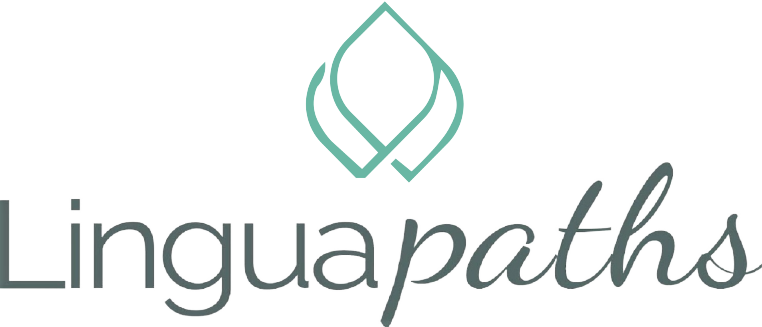We can all learn a foreign language if we think we can

Almost all or most of my adult students who have experienced some level of difficulty in their language learning processes have had something in common: negative beliefs about their own abilities as language learners.
I usually become aware of this through their behaviour and their explicit shows of frustration and pessimism. When it happens, I generally try to encourage them and make them see how important their beliefs about their success at learning are. However, not all of the studens can quite grasp the importance that all of this has.
As I’ve written in another article, we see the world through our own special lenses and this is how we filter reality. Each of us has a map of the territory and we need to be aware of that. We need to examine what type of map we have and if this is going to help us get where we want to get to. If where we want to get to is mastering a foreign language, then we’ll need to fix our maps to be able to achieve just that.
So what type of map do we need to be able to learn a foreign language successfully? Most probably, maps where language learning is viewed as something achievable and relatively enjoyable, where challenges are coped with and risk-taking , as well as uncertainty and the unknown, are welcome. A map where mistakes are seen as necessary elements in language learning and are faced positively. Finally, a map that sees the learner’s autonomy as essential.
